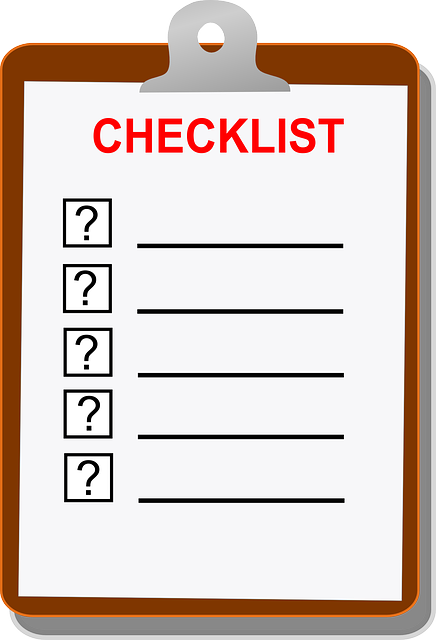
We all need checklists in our life. It sucks, but for most of us it’s the only way to stay consistent. Yet I know very few people who use them.
I wouldn’t be able to keep up with all the details I have to manage without checklists. I have a morning routine checklist a work start-up and shutdown checklist, a Monday checklist for each client, one for daily workouts, etc.
I might need a checklist for my checklists!
You might laugh, but checklists do two valuable things for me:
- Do what I have planned for the week
- Push me to stay consistent.
We can randomly travel through life without a plan, but that tends to lead to speculation of “Where did the time go?” or “I thought I’d be in a different place in life/health/etc. at this point.”
Being intentional is critical in every area of life. Your house wasn’t built without a plan. Your car was checked numerous times in production. Hopefully, your medical practitioners have a checklist for procedures – even ones they do daily.
One of my clients is a start-up company and I am helping them develop processes and procedures. We are putting together checklists to make sure we don’t miss anything. It’s really a brilliant thing to do early on in a business. Now we have repeatable steps for training, and the ability to brainstorm and maximize the 80/20 rule for maximum efficiency. Taking the thinking out of basic, recurring tasks reduces mental fatigue. By documenting workflow, it helps any employee who takes on that responsibility to develop consistency. It helps if they go on vacation — their sub can keep the ball rolling. And the work is done in a recognizable way. As we build these procedures, we are creating screen-cast recordings as a training and reference tool.
How about you? Do you have your everyday/every week/ every month processes written down into checklists? Don’t let the idea of it being too elementary keep you from doing it. It’s actually the opposite–it elevates your business in a way that will make it stand out from those who just “go with the flow.”
Resources:
I recommend the books The E-myth Revisited and The Checklist Manifesto.
My resource page.
Suggested checklists:
- A basic meeting checklist for most meetings
- Month-end financial statement closing checklist
- New project/idea checklist
- New hire and onboarding checklist
- Sales meeting checklist
- Annual strategy planning checklist
- New Habit checklist – (I love the app Habit List – although I didn’t make it a habit to use it 🙂
